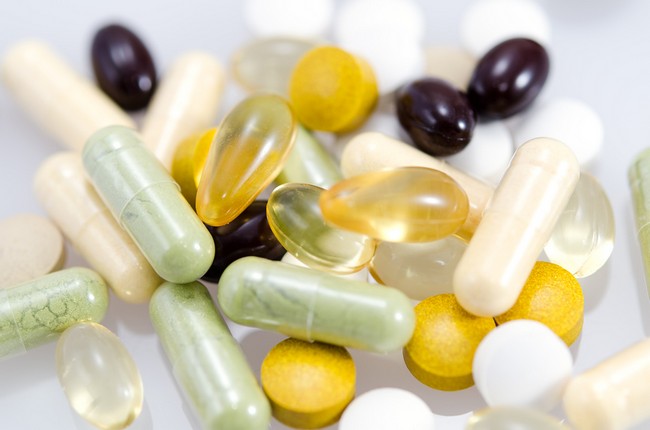- Make It Yourself Lavender Heart-Shaped Bath Bombs!
- 20 Things You Never Knew About “Down There”
- 12 Best Foods For Those Suffering From Arthritis Pain
- 12 Personal Hygiene Mistakes Almost Everyone Makes (Mom Never Told You About #4!)
- 15 Medicinal Plants And Herbs From The Cherokee People
- 12 Mind-Blowing Benefits Of Drinking Coconut Water During Pregnancy
- 12 Outstanding Winter Foods That Won’t Fatten You Up Like A Christmas Turkey
Fish Oil Vs. Krill Oil: Which Is Better For You?

Photo credit: bigstock.com
By the way, you might have also heard that krill oil supplements don’t give you those “fishy burps” in the way some fish oil supplements do. There have been no studies we can find on that issue, but we have heard that when fish supplements are frozen, that they tend to minimize those annoying fishy tasting burps.
Regardless of which supplement you take, one thing that is clear: Animal-based omega-3s’s from either fish oil or krill oil supplements are a much better source of omega-3’s than plant based omega-2’s. Plants contain a substance called ALA, or alpha-linolenic acid. The body must convert these into DHA and EPA, but a maximum of the ALA is actually converted into what the body can use. This is a strong case for supplementing with either fish oil or krill oil supplements.
SEE ALSO: 6 Reasons to Choose Krill Oil See Why Not All Omega-3 Is Created Equal Infographic
Always consult with your doctor before taking any omega-3 supplement, as taking too much can cause serious thinning of the blood. You should never take more than three grams of either fish oil or krill oil each day. Also, if you eat seafood regularly, then you will want to lower your dose of fish or krill oil supplements.
Be careful of buying cheap krill oil supplements. If something sounds too good to be true, it probably is. Always buy your supplements from a reputable source. An average price per pill should be in the area of 30 cents per pill. If you find anything under 20 cents, chances are good that it is either not krill oil, or it is not a good quality supplement.
References:































